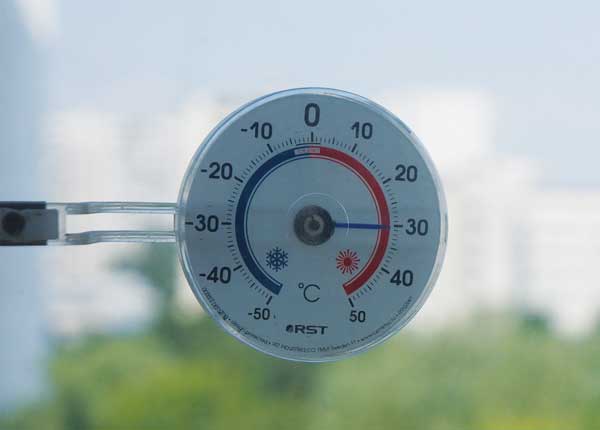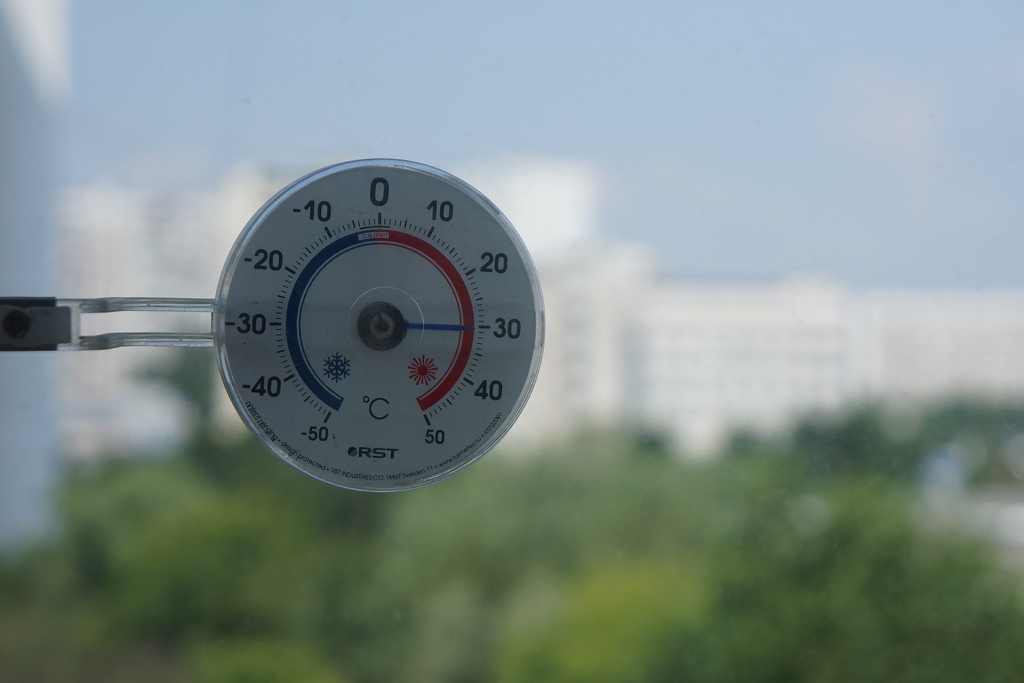
A predicted increase in the frequency and severity of future heatwaves that Melbourne will be exposed has prompted the city’s central local government to recruit an in-house expert on how to mitigate the impact of extreme weather events that are not only costing lives but now chalking up tens of millions of dollars in annual revenue losses.
The City of Melbourne has announced it will now hire a new “Chief Resilience Officer” after research it commissioned calculated that businesses in its metropolitan area suffered a financial hit of $37 million when it was baked by consecutive days of extreme heat between the 14th and 17th January this year, a phenomenon predicted to increase in coming years.
The announcement that Melbourne will get its own survival expert comes ahead of a pivotal meeting of industry experts which the City says aims to “to pinpoint what Melbourne needs to become a more resilient city.”
The new Chief Resilience Officer is being specifically tasked with the creation of a “Resilience Strategy for metropolitan Melbourne” according the City as it looks for ways to better cope with conditions that force people indoors, place a massive strain on utilities and transport and effectively shut down many businesses.
Melbourne’s research into the latest heatwave found that the sectors that were hit the hardest by heat were “retail, food and beverage and accommodation, with 78 per cent of these types of businesses impacted.”
A key part of the push to embed resilience experts into cities which face increased risks and challenges is being led by the Rockefeller Foundation through the “100 Resilient Cities Centennial Challenge.”
According to the foundation the program’s aim is to “enable 100 cities to better address the increasing shocks and stresses of the 21st century by providing “technical support and resources for developing and implementing plans for urban resilience over the next three years.”
Melbourne is one of two cities selected in the Oceania region, with New Zealand’s recently earthquake devastated city of Christchurch being the second.
Melbourne’s latest research sweep into the effects of the heat January heatwave surveyed more than 600 local businesses and found “an overall decline in revenue of almost 10 per cent.”
“More than half of businesses (52 per cent) are very or fairly concerned about future heat wave impacts on their business, reinforcing the need for City of Melbourne to continue to work with others to adapt our city to a changing climate,” the City said.
Apart from the obvious health and safety risks to the population, the soaring peaks of summer temperatures create loss making disruption for the city’s businesses when transport services like trains are affected meaning that workers often find it too difficult or dangerous to get to work.
At the same time, operating costs can also soar because of the increased running costs of cooling systems like air-conditioning.
Melbourne’s research found 40 per cent of businesses surveyed “reported an impact on the reliability of their workforce” while “62 per cent of businesses experienced additional operational costs.”
Seven per cent of businesses reported air-conditioning failures during the heatwave.
Comment below to have your say on this story.
If you have a news story or tip-off, get in touch at editorial@governmentnews.com.au.
Sign up to the Government News newsletter

